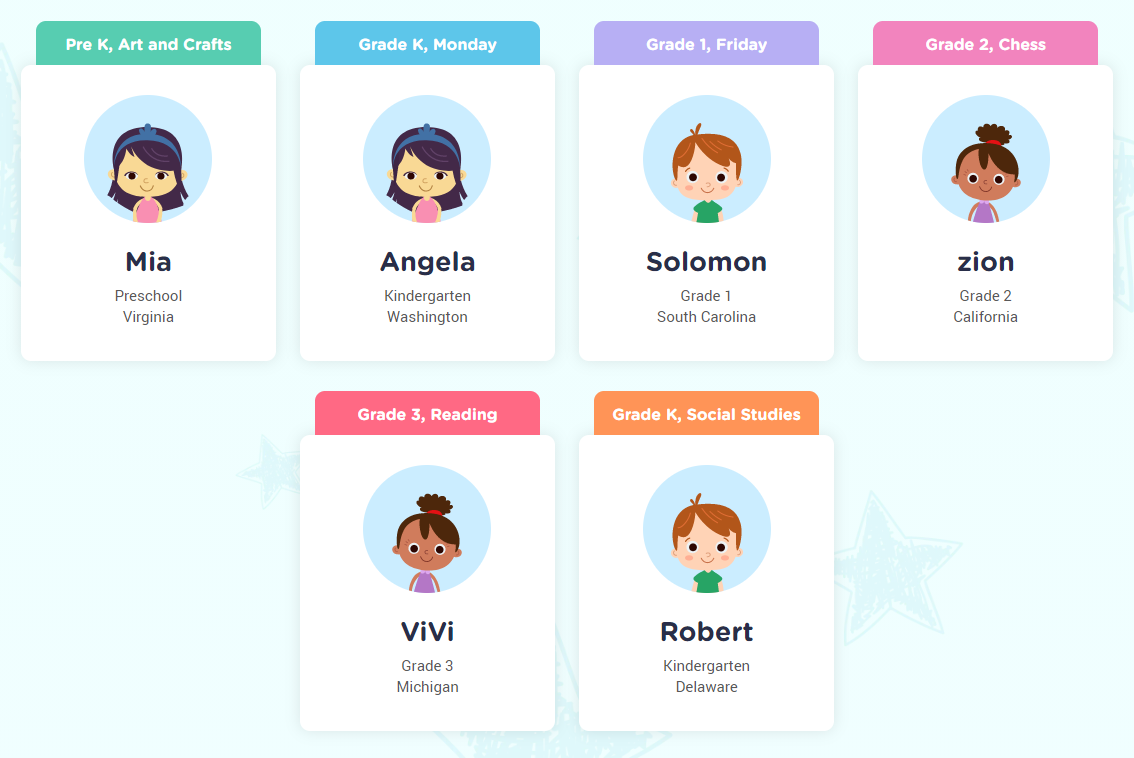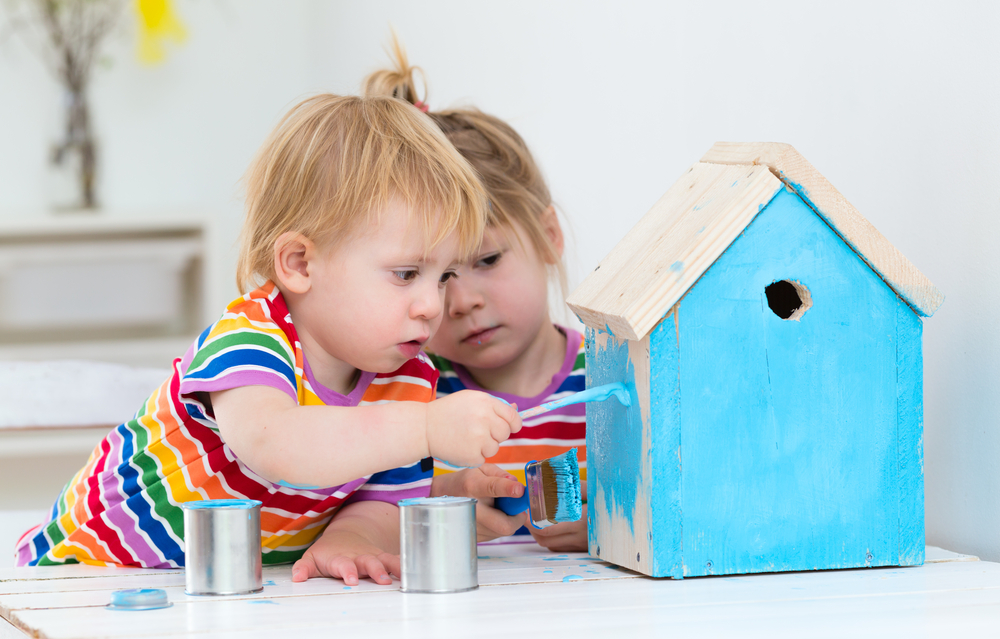Normal Logical Thinking worksheets activities for Ages 3-7
56 filtered results
-
From - To
Unlock your child's potential with our engaging Normal Logical Thinking worksheets designed for children ages 3-7. These creative activities help foster essential cognitive skills, enhancing problem-solving abilities and critical thinking in a fun and interactive way. Our thoughtfully crafted worksheets feature a variety of challenges, including puzzles, sequencing games, and pattern recognition exercises that are age-appropriate and captivating. Perfect for home or classroom use, these worksheets not only stimulate logical reasoning but also support early childhood development. Begin this exciting journey of discovery and learning with our Logical Thinking worksheets, and watch your little ones thrive!
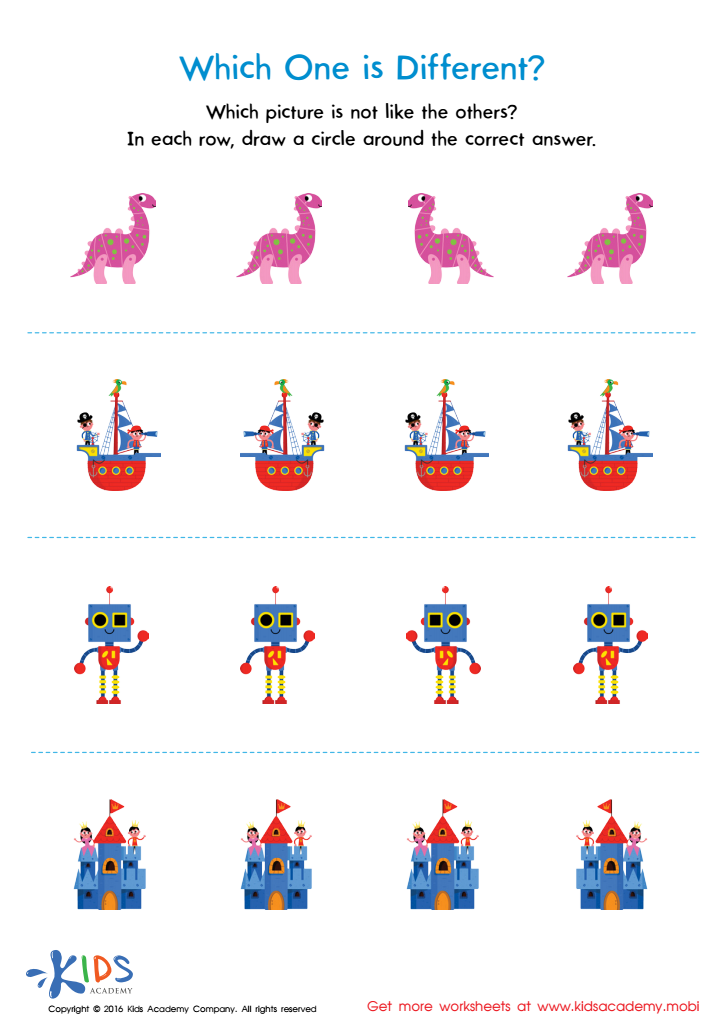

Which One Is Different Worksheet
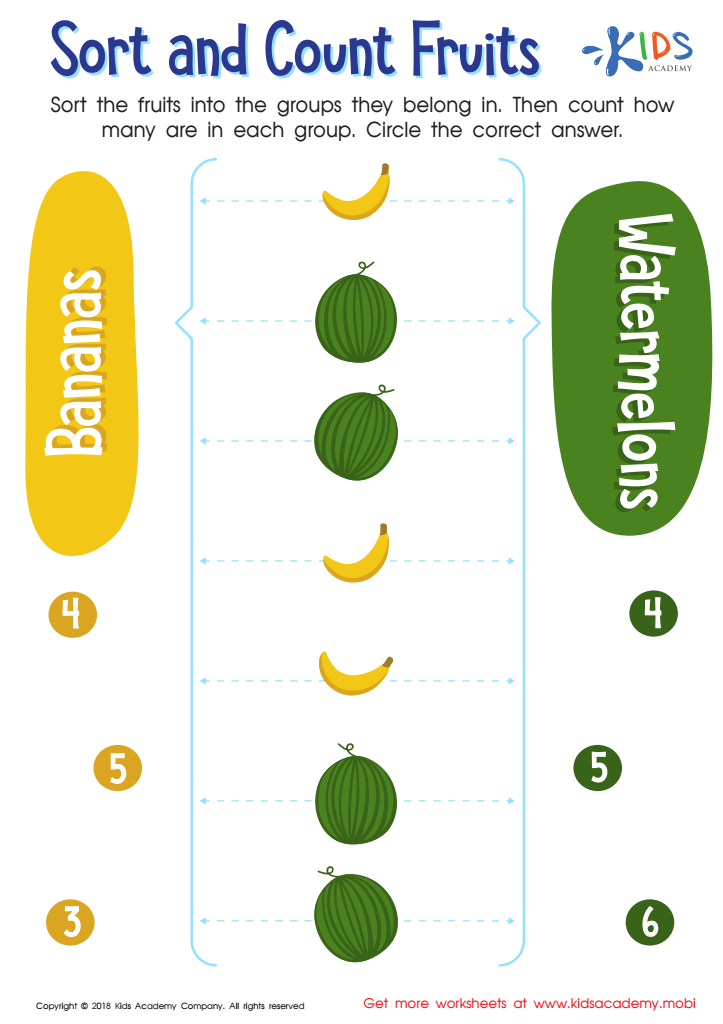

Sort and Count Fruits Worksheet
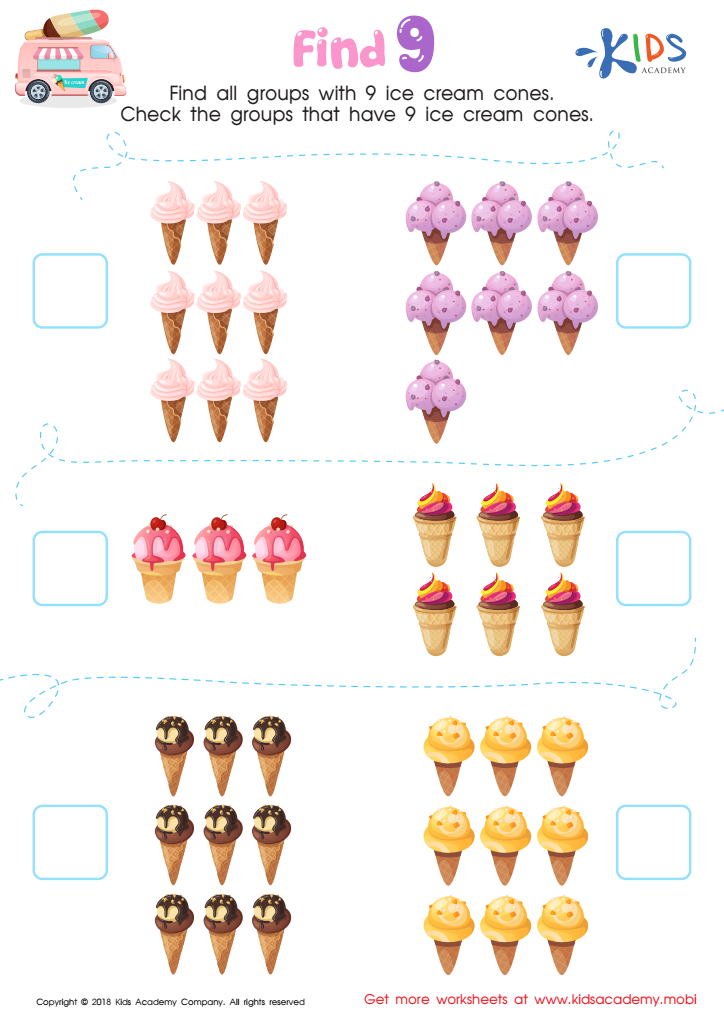

Find 9 Worksheet
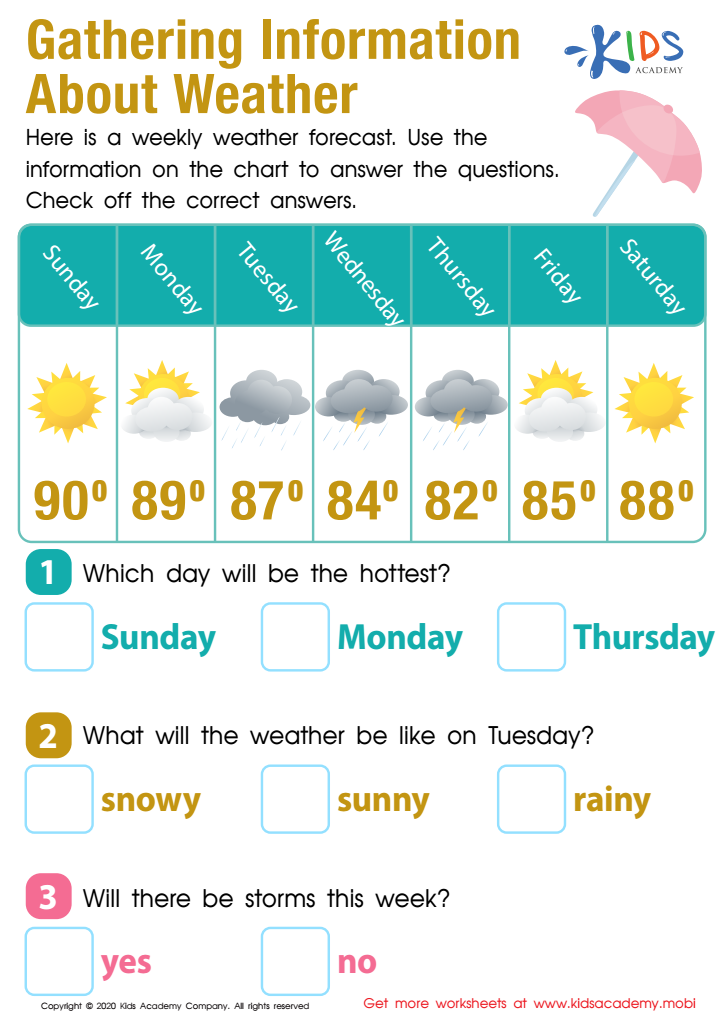

Gathering Information About the Weather Worksheet


Sort and Count to the Moon Worksheet
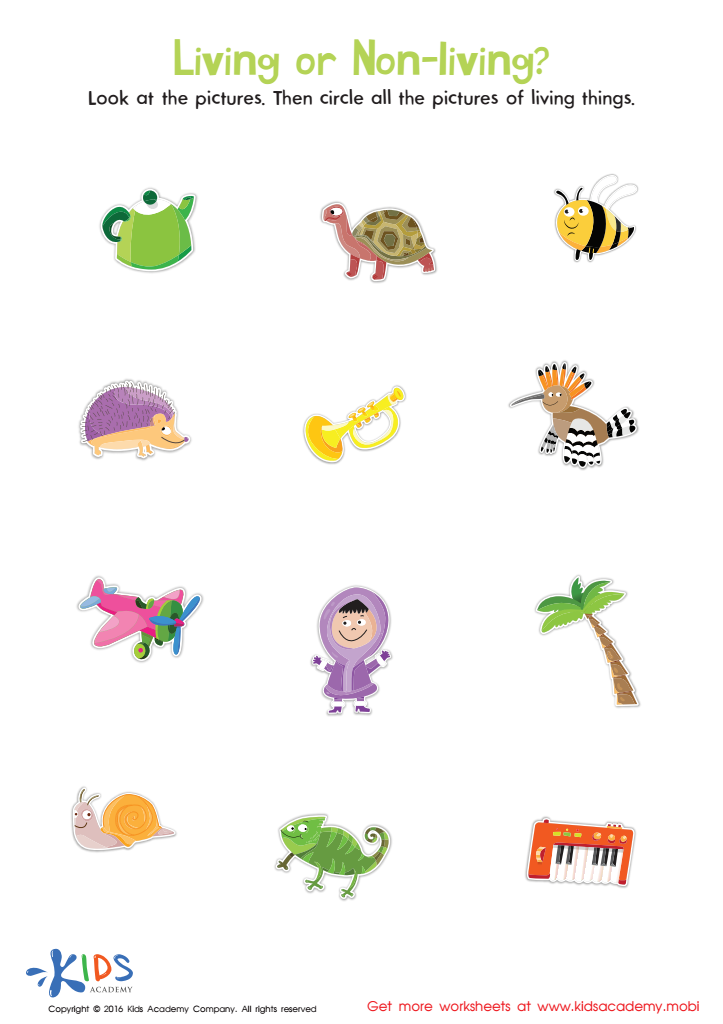

Identifying Living and Non–living Things Sorting Worksheet
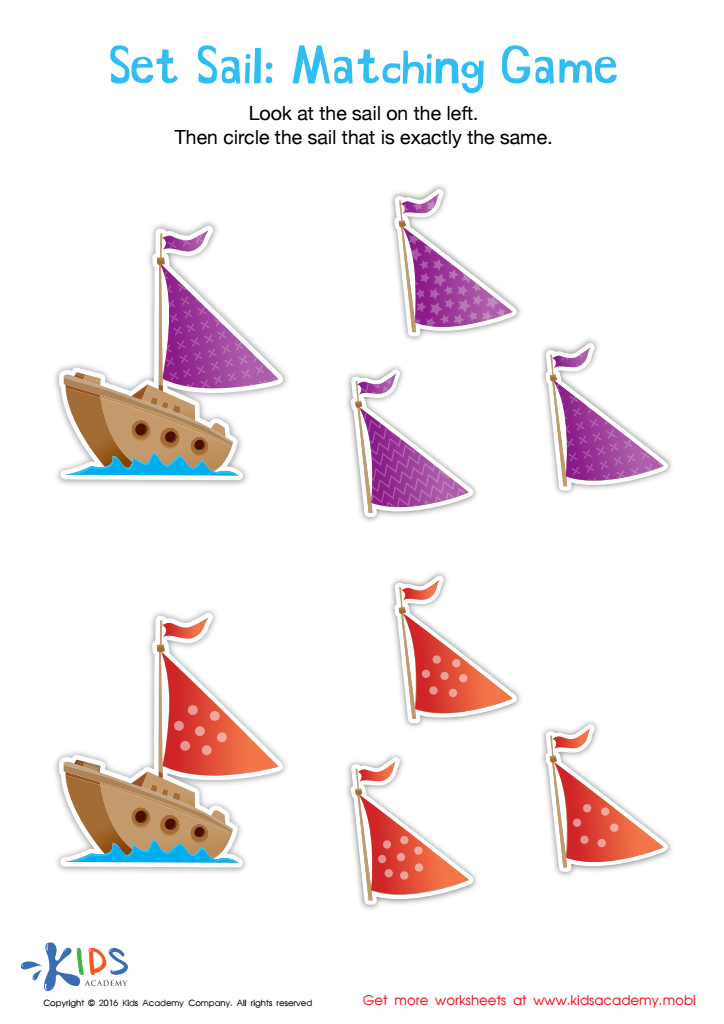

Set Sail Worksheet
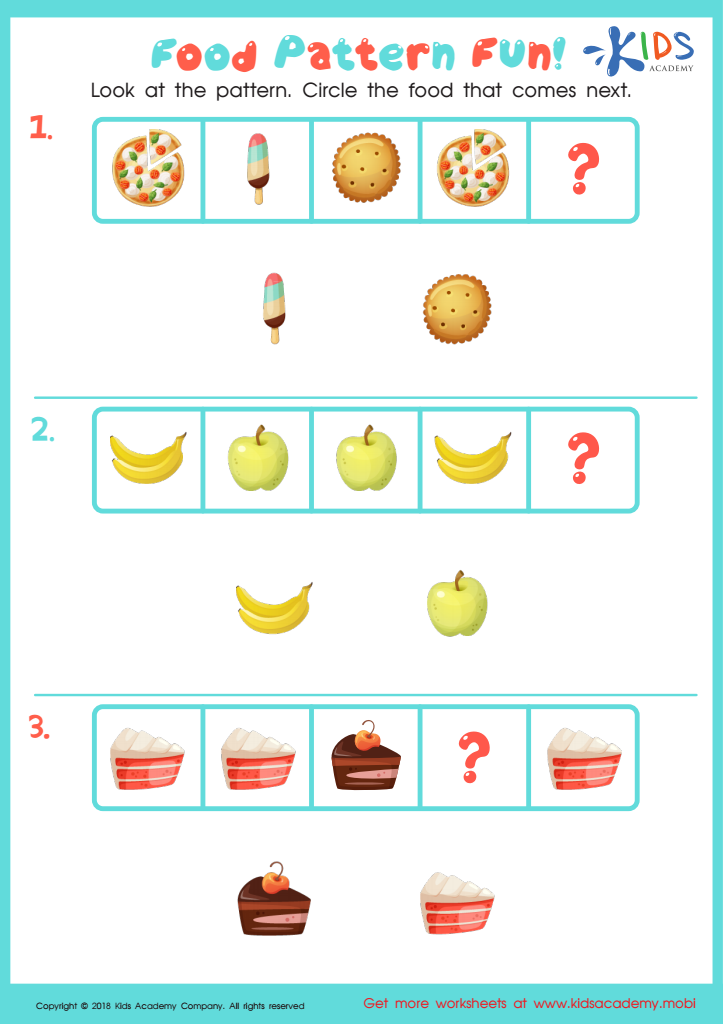

Food Pattern Fun Worksheet
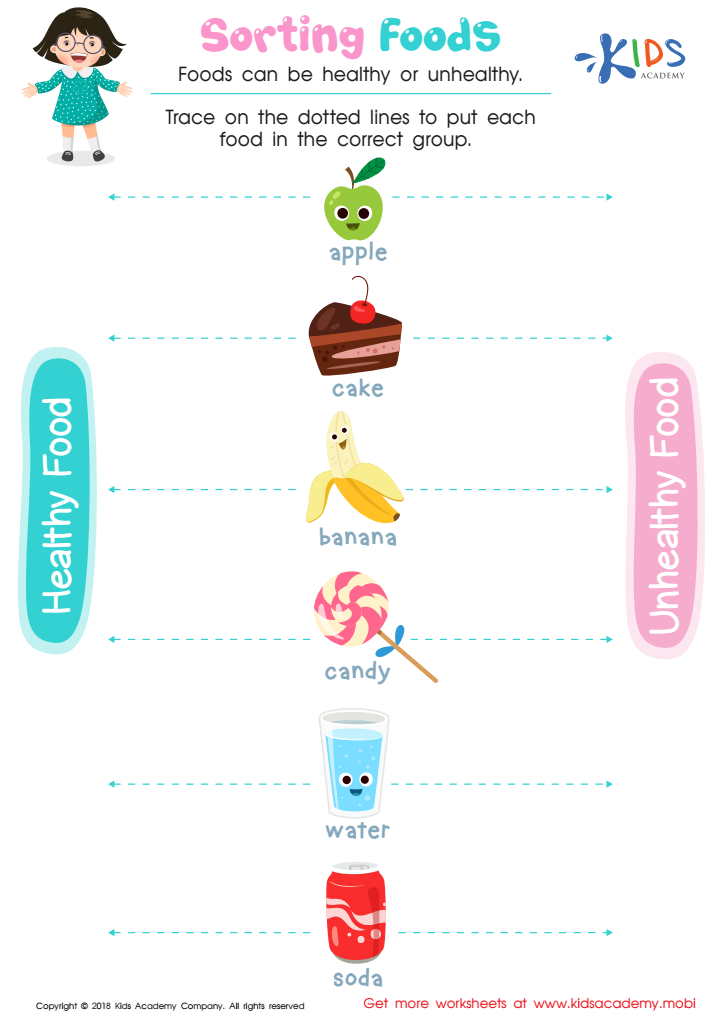

Sorting Food Worksheet
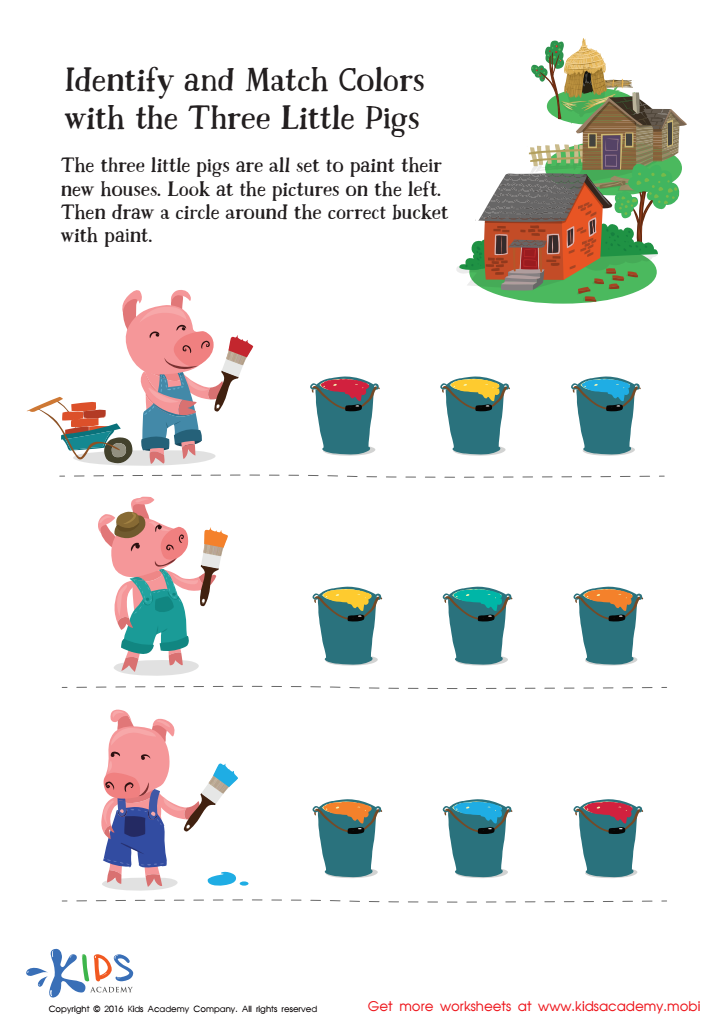

Fairy Tale Worksheet: Identify and Match Colors with Three Little Pigs


Sorting Animals in 3 Groups Worksheet
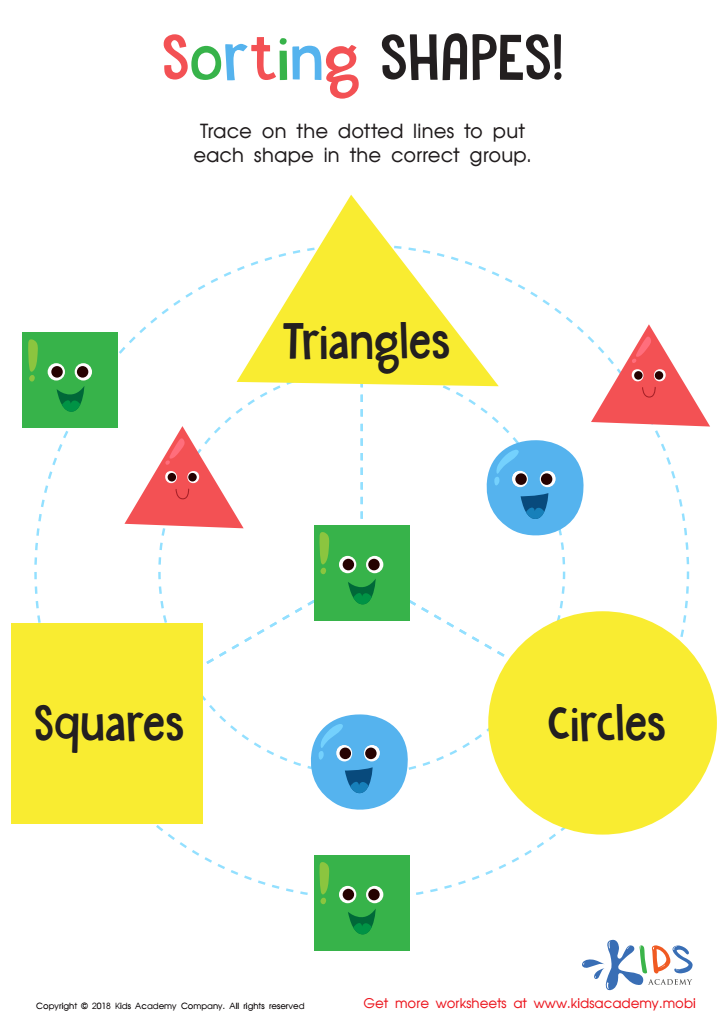

Sorting Shapes - Part 3 Worksheet
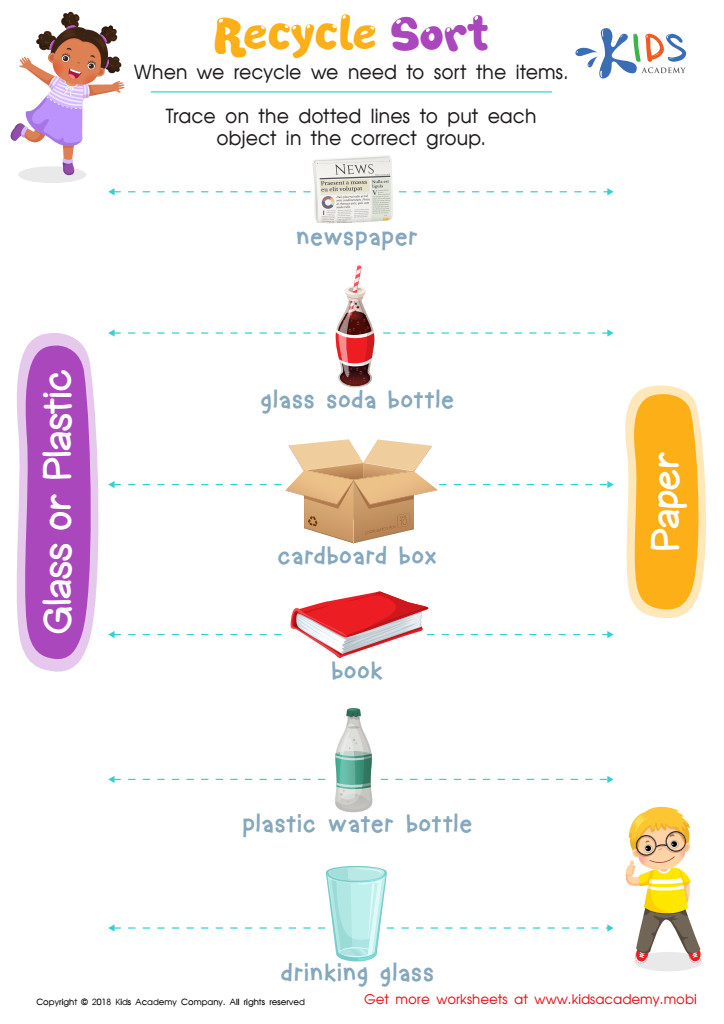

Recycle Sort Worksheet
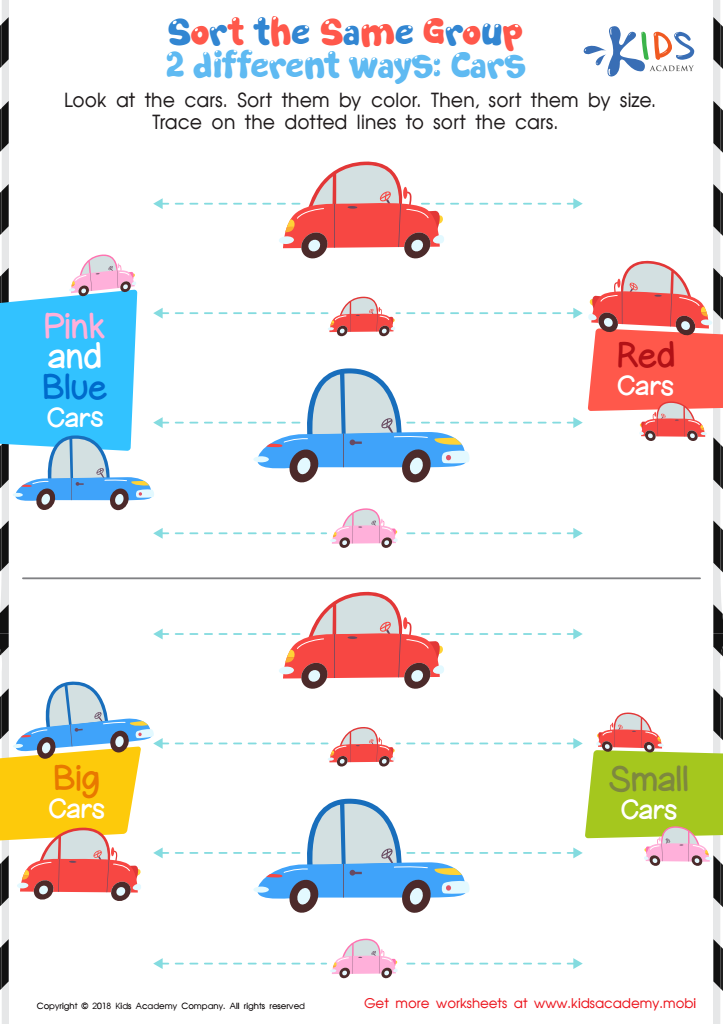

Sort the Same Group 2 Different Ways: Cars Worksheet
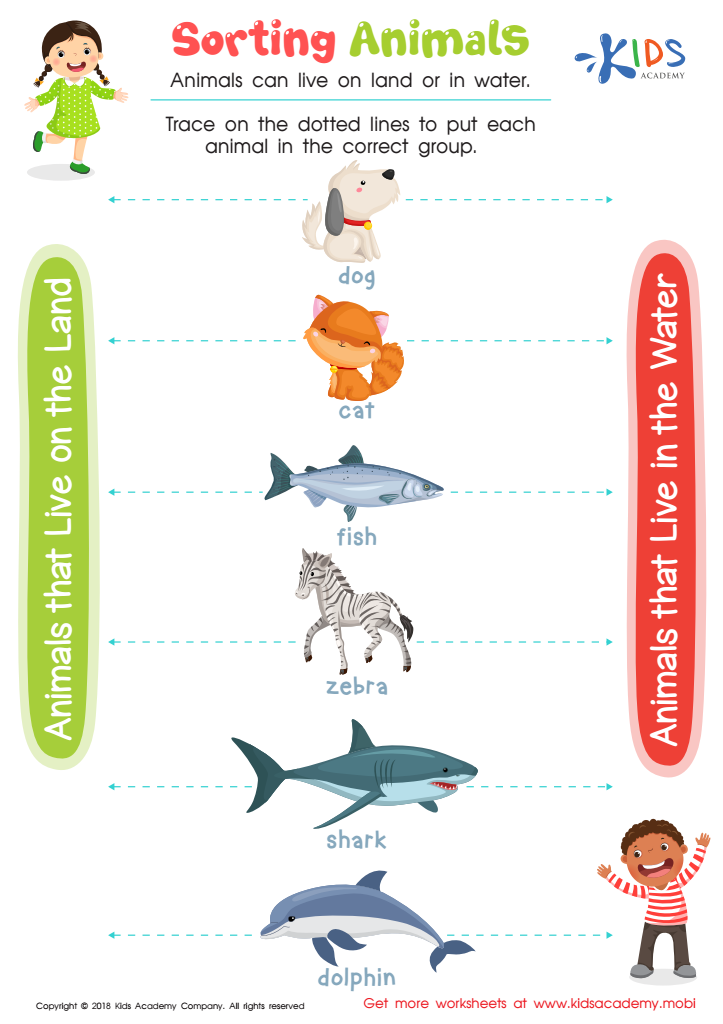

Sorting Animals Worksheet
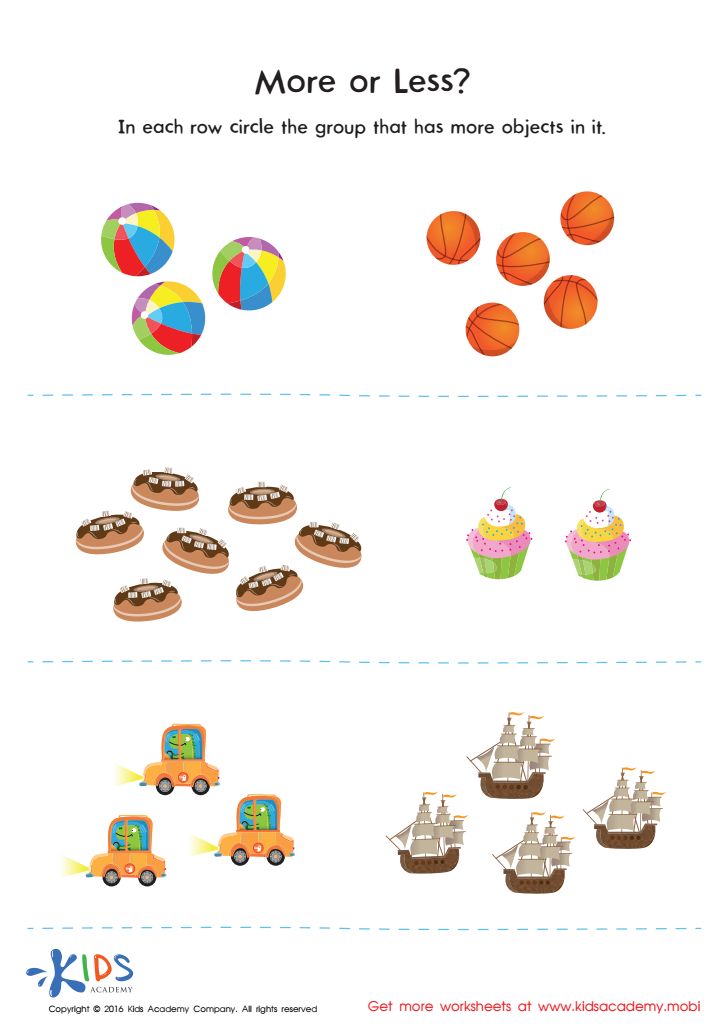

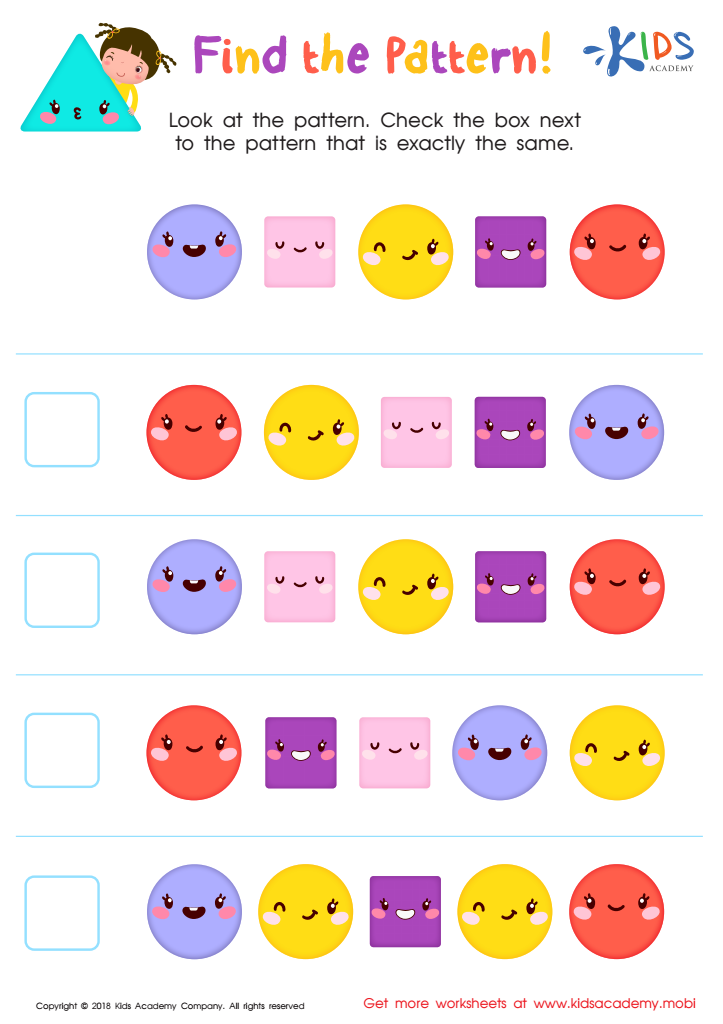

Find the Pattern Worksheet


The 5 Sense Scientist Worksheet
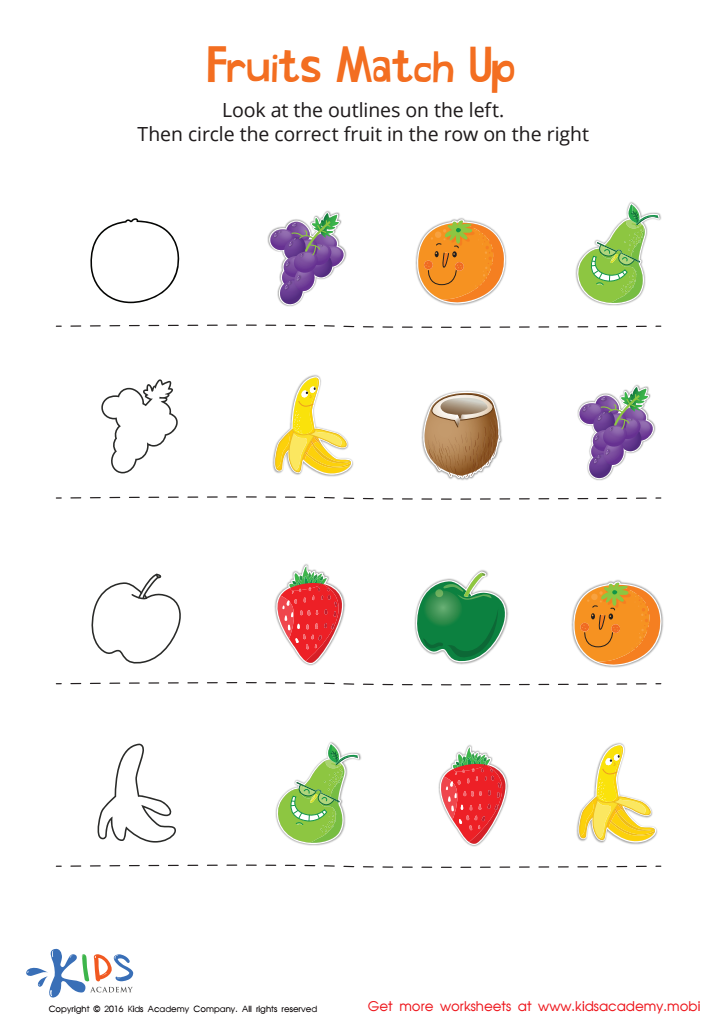

Fruits Match Up Worksheet
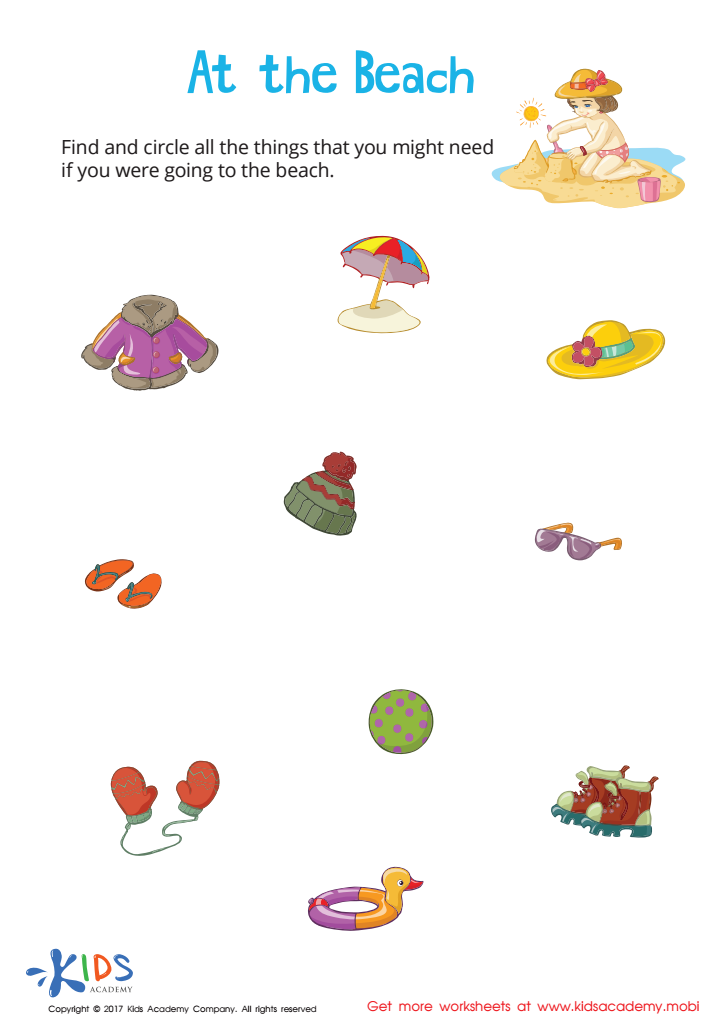

At the Beach Sorting Worksheet
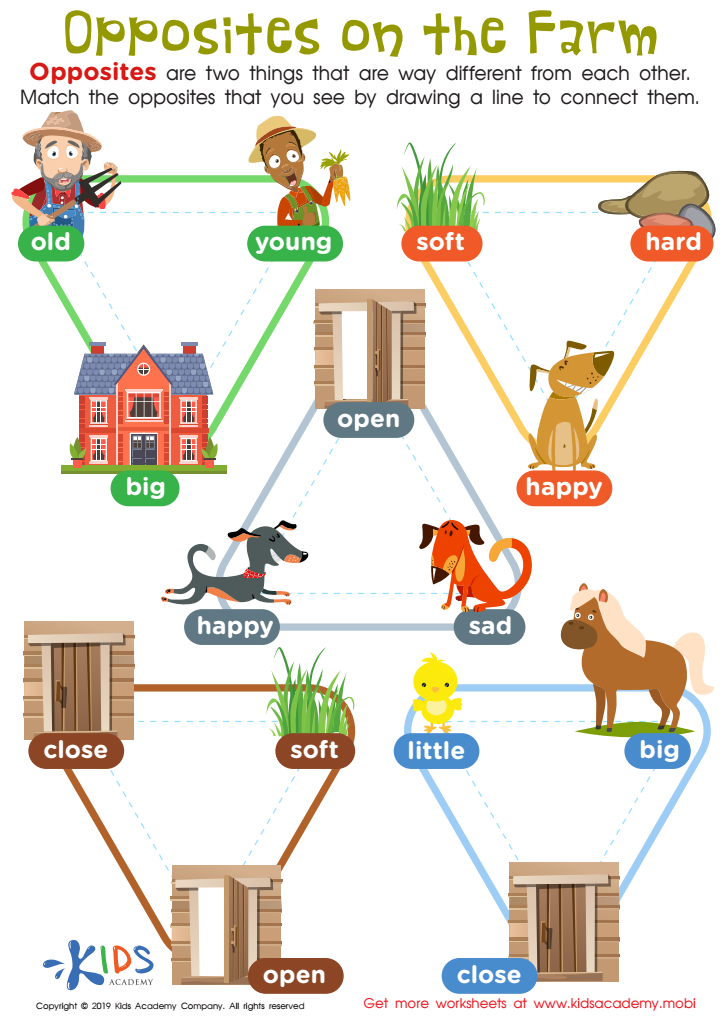

Opposites on the Farm Worksheet
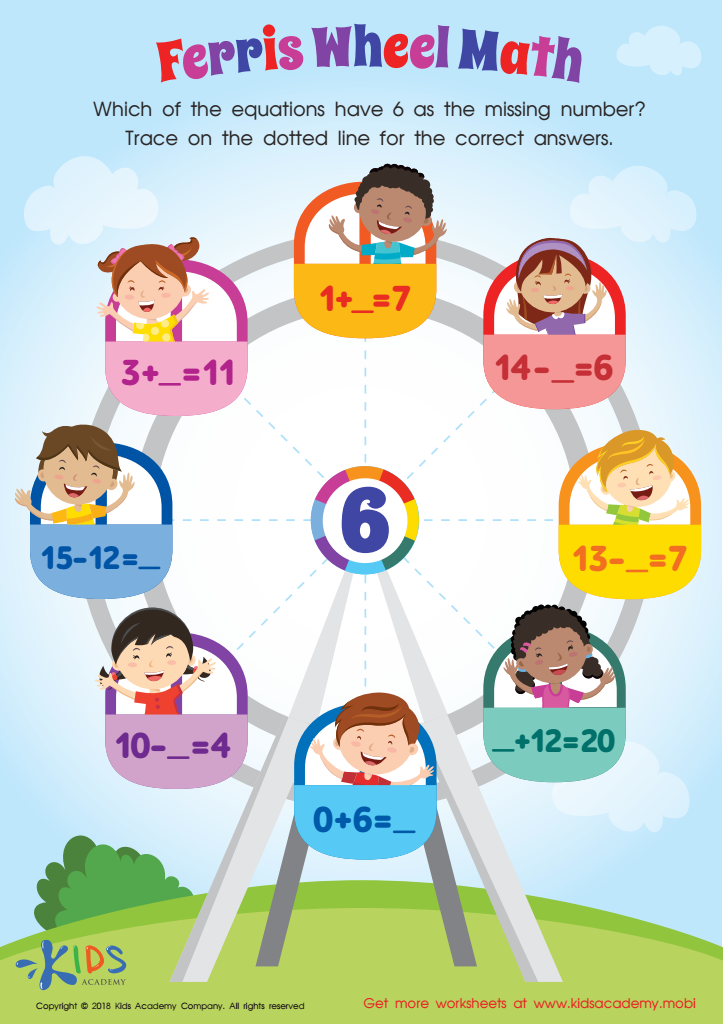

Missing Number: Ferris Wheel Math Worksheet


Matching: Classifying Toys by Size Worksheet
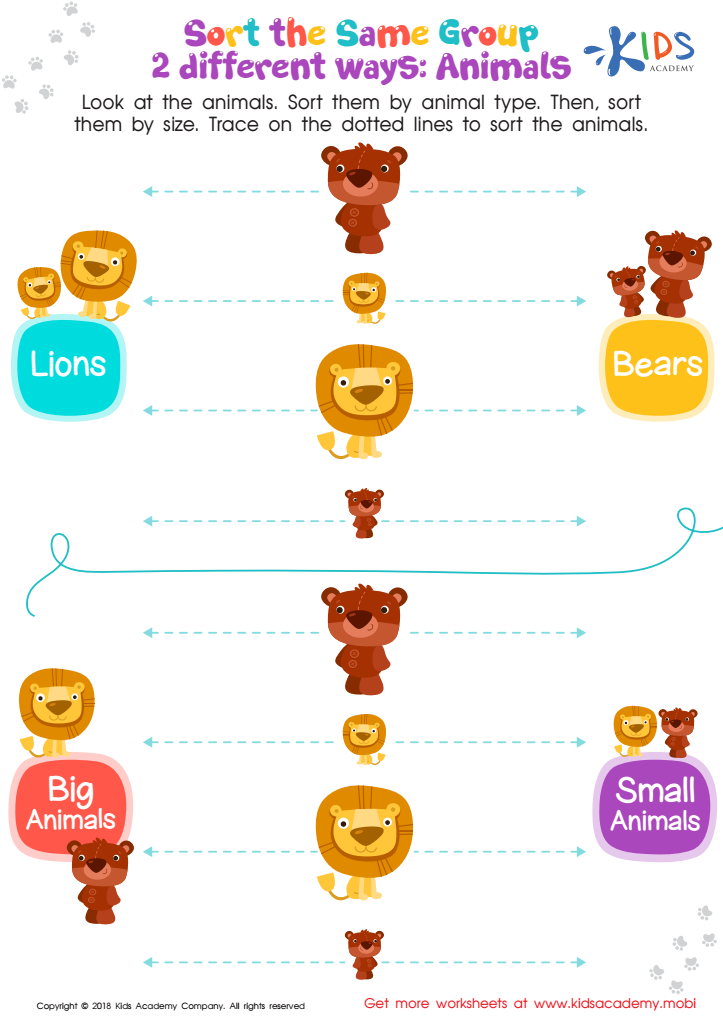

Sort the Same Group 2 Different Ways: Animals Worksheet
Normal Logical Thinking activities are crucial for children aged 3-7 as they lay the foundation for critical cognitive skills. At this developmental stage, children's brains are incredibly receptive to learning and forming new pathways. Engaging in logical thinking exercises helps them enhance problem-solving abilities, improve reasoning skills, and develop their understanding of cause and effect.
These activities promote essential skills such as categorization, sequencing, and pattern recognition. By engaging kids in tasks that require logical reasoning—like puzzles, games, and simple mathematical activities—parents and teachers nurture a love for learning and intellectual curiosity. Furthermore, normal logical thinking activities foster language development and communication skills, as children learn to articulate their thought processes and ideas.
Involving children in these activities also supports social-emotional learning, encouraging collaboration, patience, and resilience when faced with challenges. Additionally, fostering logical thinking early can prepare children for future academic success and everyday decision-making. Parents and educators should prioritize these activities, as they not only enhance cognitive development but also empower children to navigate and understand the world around them with confidence and creativity. In essence, investing time in logical thinking activities today can cultivate a brighter, more analytical future for our youngest learners.

 Assign to My Students
Assign to My Students



